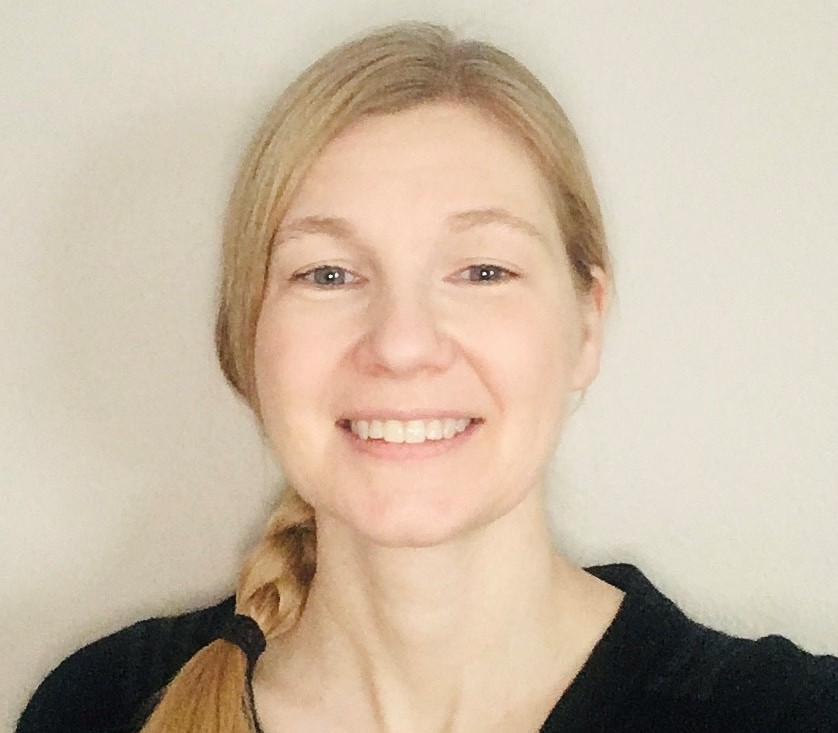
The state of Alaska now has a scientist at work trying to tackle the big question – what’s happening to Alaska salmon once they’re in the ocean environment?
That task falls to Katie Howard, an Anchorage-based fisheries scientist with the Alaska Department of Fish and Game’s Division of Commercial Fisheries. She’s been working for Fish and Game since 2009 but started in her new role in May to address salmon in the marine environment.
“Essentially what we’re trying to do is build some capacity to look at salmon in the marine environment, to understand what’s going on with salmon and how it affects our fisheries in Alaska,” Howard said in a recent interview.
There are many unknowns about the time salmon spend in the ocean, including migration patterns of many populations. And Howard will be trying to tackle some of those questions around rates of marine survival.
“We are looking at things, everything from these big questions around climate change and carrying capacity and competition, to how there may be interactions between marine fisheries and Alaskan salmon stocks and then also using marine research to develop some forecasting tools to help with fisheries management,” she explained.
Howard’s focus is statewide, from the Arctic to the North Pacific. The state agency is partnering on existing juvenile fish research with NOAA Fisheries in two parts of the state. One project focuses on pink salmon in Southeast and the other on chinook in the northern Bering Sea. Howard said the hope is to expand those types of studies to other species and other parts of the state, or to find out more from the data already collected.
Howard notes it’s going to take time to learn impacts of the ocean climate on salmon. She acknowledged it’s a very complex topic to study, with some stocks doing well, others at historic lows and some stocks showing up in new places.
“We haven’t seen for example in the Gulf, these marine heat waves, The Blob that people have probably heard about before to this extent and so we don’t really know how that’s going to affect salmon stocks and the fisheries that depend on them,” Howard said. “I just think it kind of highlights how important it is that we try to get some information to help people make better decisions.”
Other scientists have also been tagging one salmon predator, salmon sharks, to learn about their migrations. That could give information about where salmon spend their ocean time.











